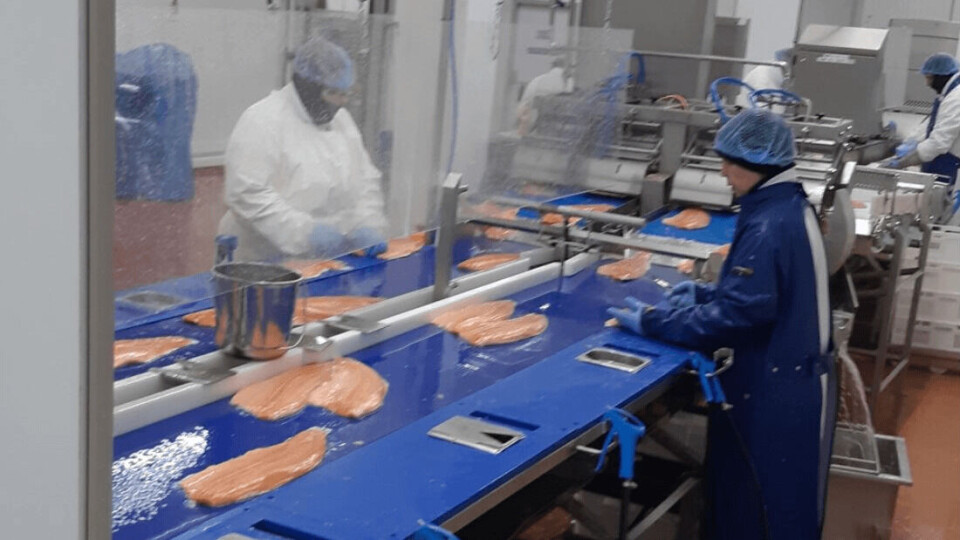
ASC strengthens Chain of Custody
The Aquaculture Stewardship Council (ASC) today announced a Chain of Custody (CoC) module which aims to strengthen the current assurance system and address emergent issues such as seafood fraud and mislabelling, food safety and use of antibiotics, and to increase opportunities for physical product checks.
The additional requirements, which are being introduced following a series of development steps including a public consultation period, are part of a new suite of assurance procedures and tools that reflect responsible practice and including provision for use of digital traceability and innovative product authentication techniques.
The ASC standard is the preferred certification of the world’s biggest salmon farmer, Mowi, and is being adopted by Scotland’s second largest fish farmer, Scottish Sea Farms, which recently achieved ASC certification for three farms in the Summer Isles and CoC certification for its processing and packing facilities at South Shian near Oban.
Additional requirements
Currently, processors, traders and other supply chain companies handling ASC certified products are audited against the Marine Stewardship Council (MSC) Chain of Custody Standard. The new requirements set out in ASC’s CoC module are additional to the MSC CoC Standard and apply only to ASC farmed seafood products.
Once the new module is effective, companies will be required to undertake a streamlined audit against both the MSC CoC Standard and the new ASC CoC module. The module was significantly revised in response to public consultation feedback to minimise impacts on supply chain companies and auditors.
“Our aim is to improve the integrity of ASC certified products, to apply a risk-based approach to potential integrity issues in the supply chain, and to strengthen response procedures when issues occur,” Wendy Banta, head of supply chain assurance, said.
The new requirements will form part of ASC CoC audits starting from 30 May 2023.
Fraud vulnerability
The additional requirements include the need for supply chain companies involved in processing, contract processing, packing or repacking, to be certified by a Global Food Safety Initiative (GFSI) recognised scheme, or to have ISO 22000 certification. There is an exemption for small companies with an annual turnover less than €2 million, trading fewer than 200 tonnes of seafood, or employing fewer than 50 seafood-related business staff, although they must still comply with food safety regulations.
ASC CoC certificate holders will be required to carry out a fraud vulnerability assessment to increase awareness and attention to areas of potential risk for seafood fraud, and the ASC module provides guidance to help undertake this process.
First buyer checks have been included to address risk early in the supply chain, which means that companies sourcing directly from ASC certified farms must check there is no gap in CoC certification coverage between the farm and themselves, and that only eligible products are traded as certified.
More unannounced audits
Another part of the module is the requirement for certifiers to moderately increase use of unannounced audits to get a more accurate picture of daily operations. Certificate holders will be selected using an unannounced audit risk calculator developed by ASC.
Another new addition is a defined list of ineligibility criteria to allow ASC and certifiers to disconnect from companies involved in unacceptable practices such as illegal or fraudulent activities, or unethical behaviour. There must be proof that a criterion applies.
“We are confident that the new package of requirements in the ASC Chain of Custody module will provide greater value and a higher level of assurance to programme participants and customers who rely on the ASC logo,” Banta said.























































